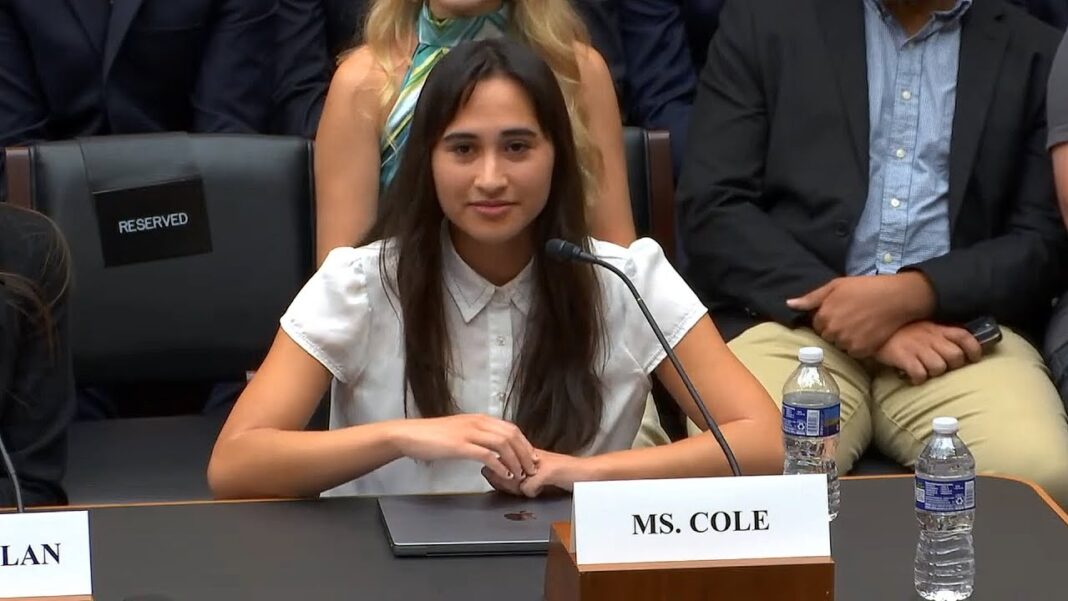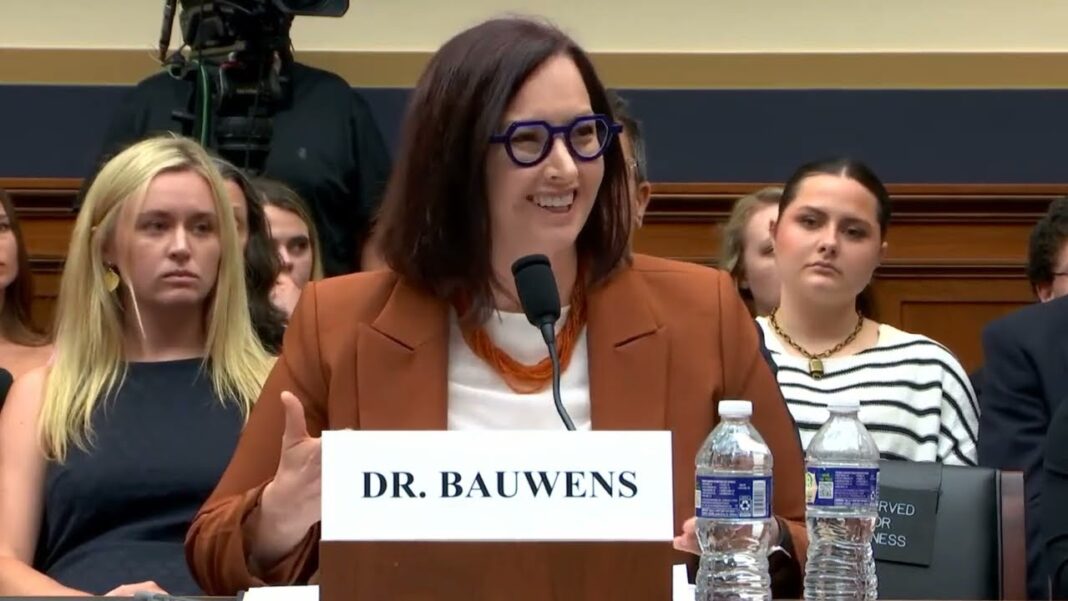Many of us have heard of Davy Crockett: His rifle “Old Betsy”, the motto “Be sure you’re right, then GO AHEAD”, and the coonskin cap. Walt Disney’s films on the life of Crockett were gigantically popular in the 1950s; the fight at the Alamo was the subject of a successful John Wayne-Richard Widmark film.
Today, as he was even in his lifetime, Crockett is a legend. “I can fight harder, shoot straighter, run faster, jump higher, squat lower, dive deeper, stay under longer, and come up drier than any man in these parts” (so one folk-teller puts the words in his mouth). A children’s book notes of Crockett with a chuckle, “Some folks said that he salted his bear steaks with hailstones, peppered them with buckshot, and fried them with streaks of lightning.” Davy Crockett is one of those glamorous names that stand out in the history books with the likes of Buffalo Bill, Daniel Boone, and Wyatt Earp. They are heroes more for their gunplay and buckskins; but what we usually forget is that Crockett was also a respected member of Congress.
Adventures in Tennessee
Born in 1786, David Crockett had an adventurous life in the Tennessee Territory. An uncle gave six-year-old Davy hunting lessons, teaching him the skills of a good woodsman. Davy caught on quickly. His father allotted him one precious bullet per day until, at the age of nine, Davy was a crack shot, providing meat for his family. For a while, he worked with his older brothers at his family’s flour mill, then took various odd jobs and farmed. When twenty-seven, he was fighting Indians in the Creek War. He was also a scout for General Andrew Jackson in the War of 1812.
Eight years later, he served for nine years in the U.S. Congress. It is a mystery how such an independent, energetic backwoodsman, who was more at home in the woods than in any building, could submit himself to a life of politics. He was the first backwoodsman to take a seat in congress. Even more astonishing is the fact that Crockett’s schooling had totaled only 100 days. “I was a great admirer of his character,” an acquaintance in Congress remarked.
“I wish I may be shot”
Crockett’s tenure as Congressman is an interesting one. Once, when a fire broke out in Washington, D.C., Congress quickly voted $20,000 to assist those whose homes had been destroyed. “The weather was cold,” Crockett said later, “and when I saw so many women and children suffering, I felt that something ought to be done for them.” However, one of his constituents, Mr. Bunce, was unhappy with Crockett for volunteering the taxpayer’s money to do good deeds. “I voted for you the last time you were elected,” Mr. Bunce stated. “I shall not vote for you again.” He said it was not the amount of money he was complaining of; it was the principle: Crockett had violated the Constitution. For where does it say Congress can spend other people’s money for charity? Bunce reminded Crockett that he could use his own money, but no one else’s. Before the two parted, Crockett declared, “If I ever vote for another unconstitutional law I wish I may be shot.”
In Congress, Crockett proved anti-Jacksonian. He claimed President Jackson had violated both the laws and the Constitution. According to Crockett, Jackson demonstrated “the act of forsaking principle to follow party. . . . I cannot nor will not forsake principle to follow after any party.” In a letter to a friend, Crockett explained the attitude of the country had become “Jackson done it, it is right.” He boldly warned that if Jackson’s protégé, Martin Van Buren, won the next presidential election, “I will never live under his kingdom. Before I will submit to his government I will go to the wilds of Texas.”
The Wilds of Texas
Opposition from Jackson’s party caused Crockett to lose the congressional race of 1835. Crockett soon joined the American forces fighting for independence in Texas. When the Mexican general Santa Anna marched with over 6,000 soldiers on San Antonio, demanding the town be surrendered, the hardy Texans and volunteers (including Crockett) refused. In the old Spanish mission, the Alamo, they made a last stand defending the town. For thirteen days the conflict thundered. Eventually, the Mexicans killed all but five of the 189 defenders, soaked the bodies of the dead in oil, and set them afire outside the mission. Davy Crockett, slaughtered along with the others, was forty-nine years old.
The “coonskin politician” died fighting for something he understood and dearly loved—independence. Never before in his short life had he ever been surer that he was right.
Bibliography:
Brinkley, Douglas. History of the United States. Viking Press, 1998.
Folsom, Franklin. Men Who Won the West. Printed in the USA, 1962
“The Life of Colonel David Crockett”, excerpt from Kirk, Russell, Economics: Work and Prosperity (in Christian Perspective), third ed. A Beka Book, 2017
Santrey, Laurence. Davy Crockett: Young Pioneer. Troll Associated: New Jersey, 1983.
Shapiro, Irwin. “Davy Crockett, the Yaller Blossom O’ the Forest”, excerpt from Pecos Bill and Other Tales. Random House, 1958.
[TAGS: David Crockett, the Alamo, Congress, Andrew Jackson, pioneers]





